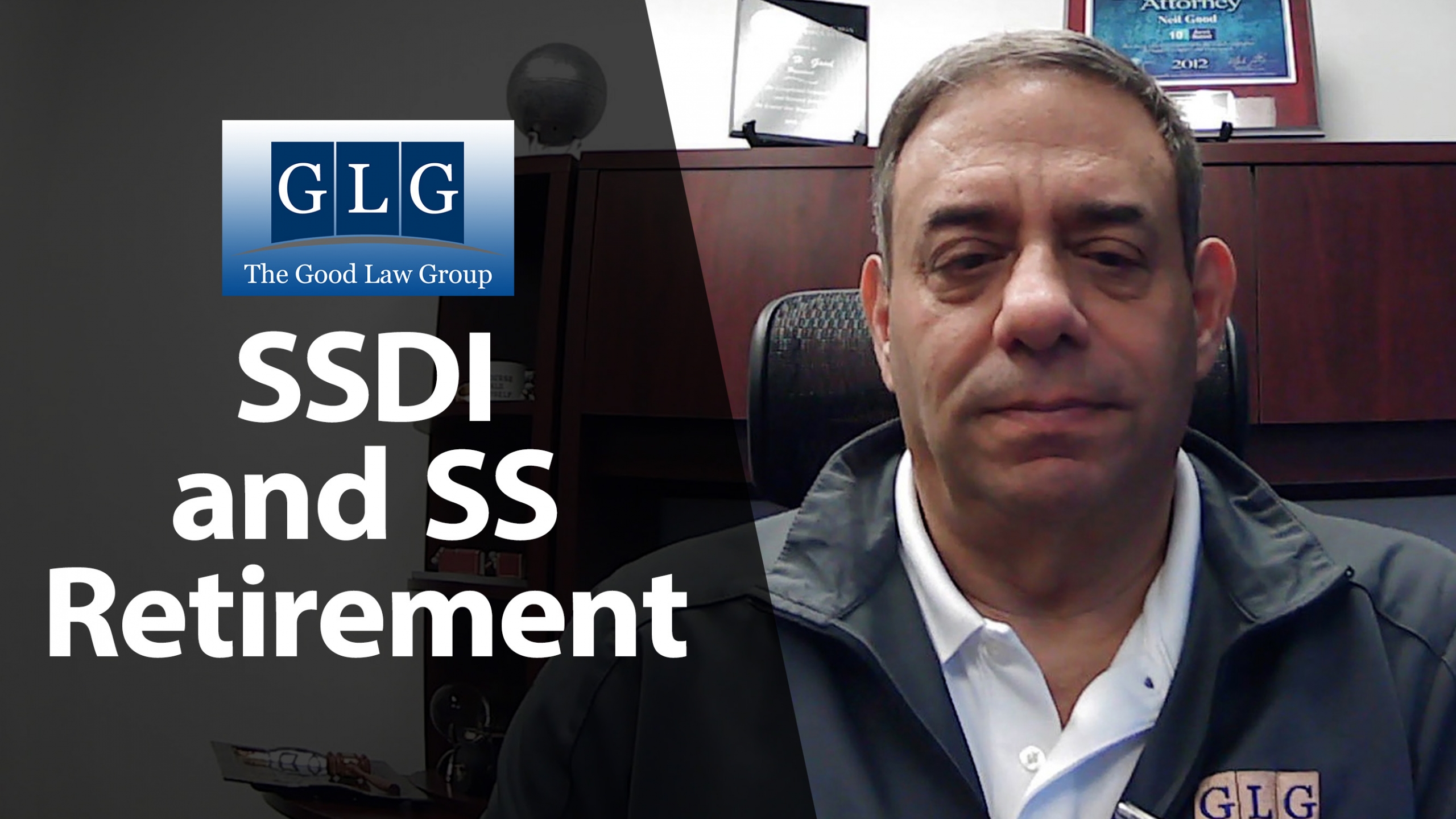People who are near the retirement age and are unable to work due to a disability have more than one option when it comes to receiving benefits to help them get by. The Social Security Administration (SSA) provides disability benefits to workers who are too disabled or injured to work. They also provide an option to workers who are near the age of retirement but are too young to receive their full retirement benefits. If you are in this position, it is important to learn about both types of benefits and whether a combination of both would be most beneficial for you.
The difference between SSD and early retirement benefits
Social Security Disability benefits
The SSA provides assistance to people who suffer from and are limited by their disabilities. Social Security Disability insurance (SSD) pays special benefits to disabled workers who qualify by working long enough and paying Social Security taxes. The SSA collects medical and other information from applicants to determine whether or not they meet the SSA’s definition of disabled. If a worker is considered to be disabled by the SSA, it will provide the worker with vital benefits under the program. Once a disability recipient reaches retirement age the disability benefits convert to retirement benefits.
Early retirement benefits
Workers planning for their retirement begin to receive benefits from the SSA when they reach their normal retirement age. However, workers as young as 62 can elect to receive their retirement benefits early – but at a cost [http://www.ssa.gov/oact/quickcalc/early_late.html] . By taking early retirement, a worker agrees to take a reduced benefit, which may be as much as 30 percent less than what he or she would have received at the normal retirement age.
While taking early retirement can be useful for some people, it is important to note that by taking early retirement a person is agreeing to a permanent reduction in his or her retirement benefits. For example, when a person who took early retirement reaches his or her normal retirement age, his or her benefits will not jump to the full retirement amount. The person who took early retirement will receive the lessened payment for life.
Can I receive SSD and early retirement benefits at the same time?
While generally people cannot receive retirement benefits and SSD benefits at the same time, there is one big exception for people who took early retirement benefits before being approved for disability benefits.
If a person elected to receive early retirement benefits and then at a later time is approved for disability benefits, the SSA will retroactively make up the difference between the early retirement benefits and the full amount of disability benefits. The SSA will do this for the amount of time that the person was disabled but was only receiving early retirement benefits.
Consider this example: A 62-year-old man quits his job due to a disability and starts to collect early retirement benefits. The man later applies for disability benefits and six months later is approved. If the SSA determines that the man’s disability began before he started to collect early retirement benefits, the SSA would pay the man the difference between his disability payment and his early retirement payment for the months that he was receiving early retirement but had not yet been approved for disability benefits.
However, keep in mind that if the man had started collecting early retirement benefits before the SSA determined that his disability began, the SSA would not pay him this difference and he would only receive the lessened early retirement benefit for the rest of his life.
To learn more watch our short video:
What should I do?
While many disabled people choose to quit work at the age of 62 with the intention of applying for disability and collecting early retirement benefits at the same time, it is important to remember that there is no guarantee you will be approved for disability benefits. If you are ultimately not approved for disability benefits, then you will be forced to receive the lessened early retirement amount for the rest of your life. While this course of action can be beneficial for those who are severely disabled and who are very confident they will be approved for disability benefits, if you are not as confident in your chances you should consider consulting an experienced disability attorney before making any decisions.
Do you need a social security disability attorney? Consider The Good Law Group for our legal representation. Call #(847) 577-4476 or contact us online for a free case evaluation.









